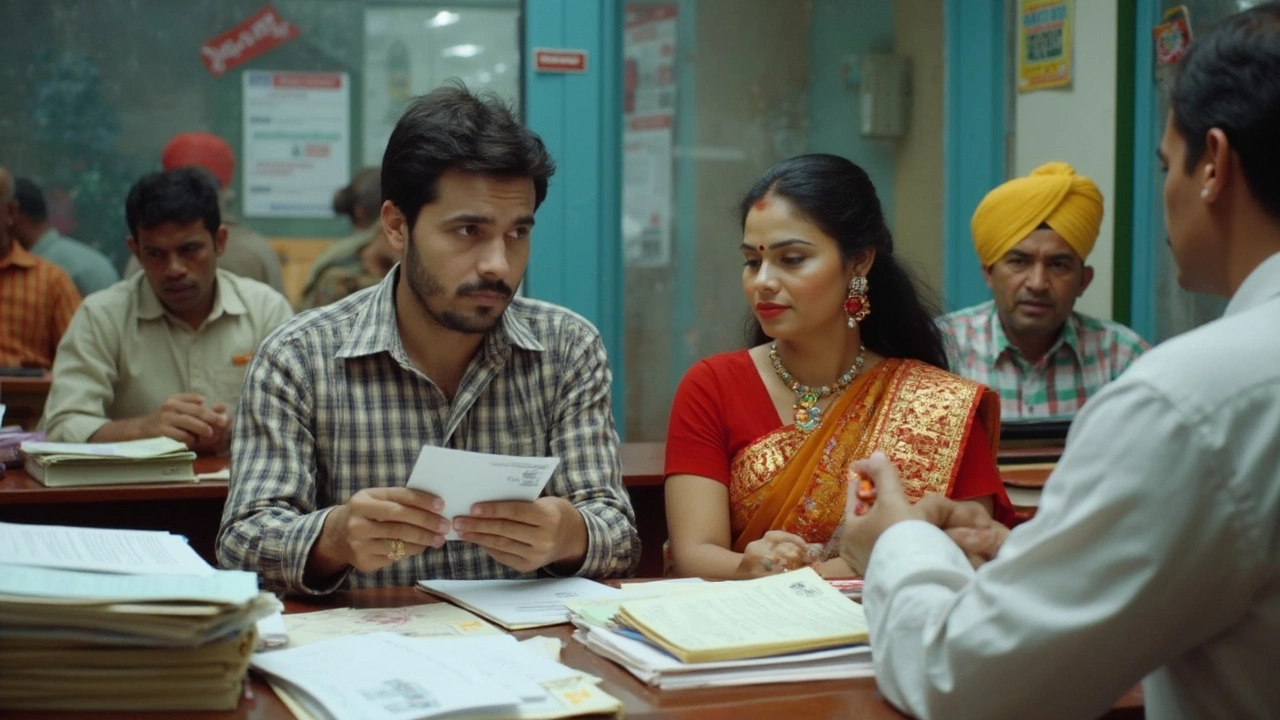American Indian marriage – what you need to know
Thinking about getting married under the Indian legal system? You’re not alone. Many couples wonder if their marriage is valid, whether they need a registration, and what rights they actually get. The good news is that most of these questions have straightforward answers, and you don’t need a law degree to understand them.
Is registration required?
In India, a marriage can be recognized in two ways: by law (through the Hindu Marriage Act, Special Marriage Act, etc.) and by registration at the local office. A marriage that follows the personal law of the couple (like Hindu, Muslim or Christian rites) is legally valid even without a registration certificate. However, having the certificate makes it easier to prove your marriage when dealing with banks, government agencies, or courts.
If you skip registration, you might face hurdles proving ownership of joint assets, claiming inheritance, or even getting a visa for a foreign spouse. The process to register is simple: gather proof of age, address, photographs, and a witness declaration, then submit the form at your nearest Sub‑Registrar office. Most states issue the certificate within a week.
Common legal questions
Here are the top queries people ask about American Indian marriage:
- Is my marriage legal if we didn’t register? Yes, as long as the ceremony follows the applicable personal law and you have witnesses.
- Can I file for divorce without a registration proof? You can, but the court may ask for additional evidence—like joint bank statements or affidavits—to confirm the marriage.
- What rights do I get as a spouse? You’re entitled to maintenance, inheritance, and joint ownership of property acquired during the marriage, just like any other legally recognized marriage.
- Do inter‑religious couples need a special act? Yes, they can marry under the Special Marriage Act, which requires registration and a notice period of 30 days.
For deeper insights, check out our related articles such as “Is Indian Marriage Valid Without Registration?” and “Quickest Way to Get Married in India: Marriage Registration Tips.” Those posts walk you through the step‑by‑step process and share real‑world examples.
Bottom line: while registration isn’t mandatory for a marriage to be legal, it saves you a lot of trouble later. If you’re planning to tie the knot, get the paperwork sorted early, keep copies of all documents, and talk to a qualified lawyer if you have any doubts. That way you can enjoy your new life together without worrying about legal hiccups.
American Marries Indian: What Happens with Registration in India?
When an American marries an Indian in India, the paperwork, rules, and process can get confusing fast. This article breaks down the exact steps and requirements both need to know for a smooth marriage registration. Even little details, like which forms to fill and what documents you can’t skip, can make or break the process. You’ll also find tips for avoiding common mistakes. No fluff, just real steps to take if you want your marriage registered quickly and legally.
